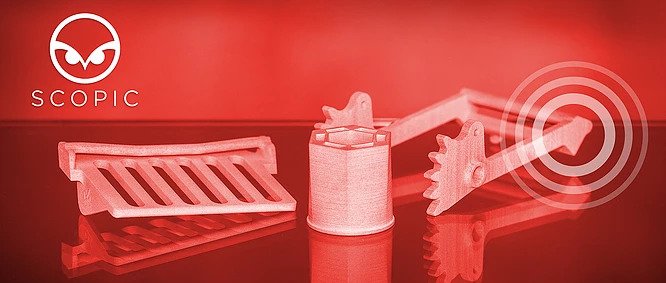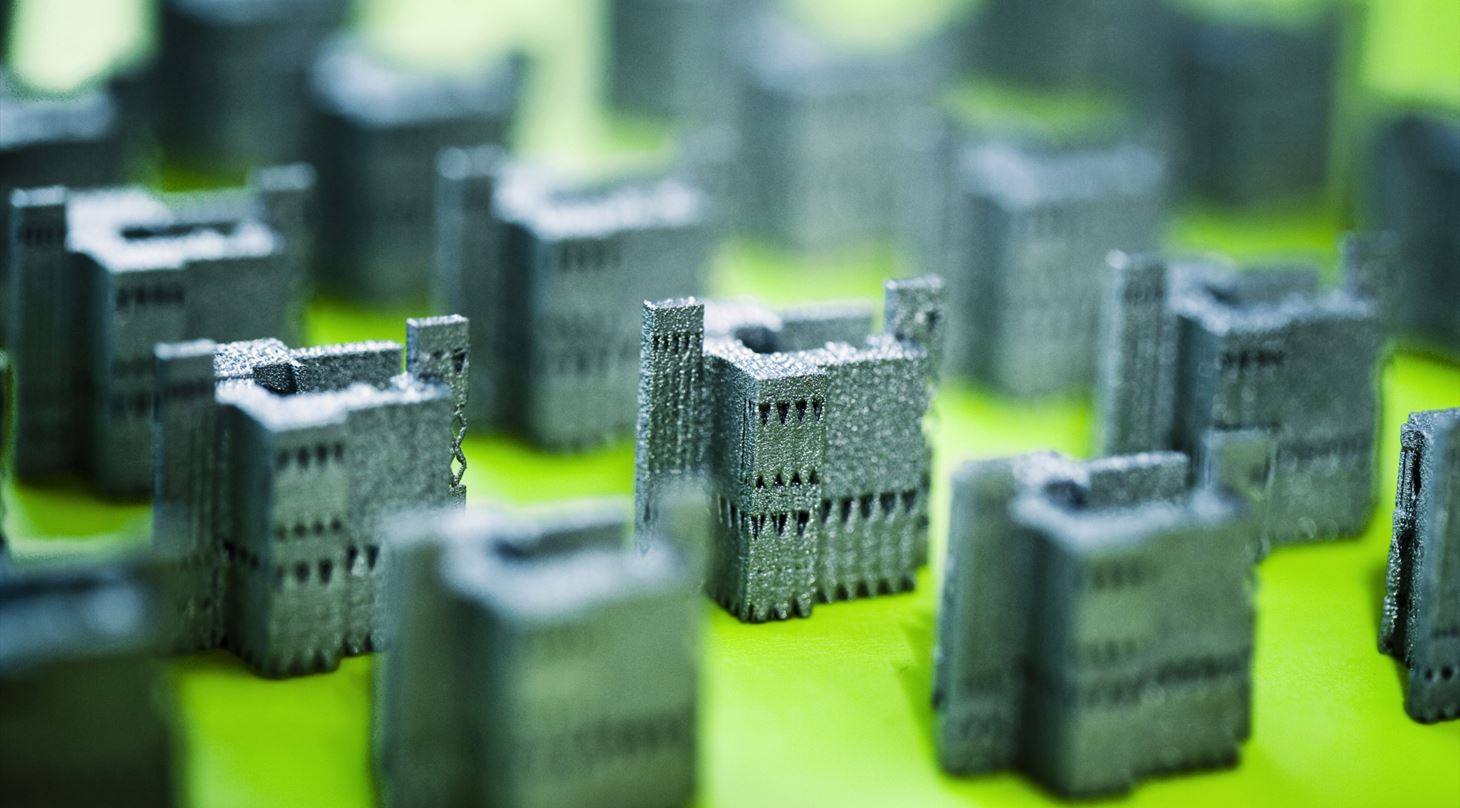The Danish Technological Institute (DTI), headquartered in Taastrup, has partnered with Scopic, a detectable product manufacturer based in Wales, to create metal detectable 3D printed nylon parts for the food processing industry.
Intended to help detect foreign parts within food chains, the 3D printed parts were produced for an unnamed DTI customer, who also required the parts to meet Food Contact Approval standards.
“We first became aware of metal detectable powder through experiences from the injection moulding industry, and we believe that it has great potential in 3D printing as well,” comments Mads Østergaard, Business Manager at DTI.
“With the metal detectable powder from Scopic, we are able to explore new business opportunities, develop new types of products, and enter new markets, where we can demonstrate the potential of 3D printing.”

3D printing at the Danish Technological Institute
Founded in 1906, DTI is a not-for-profit research institution aiming to utilize the latest knowledge and technology to create new or better products, materials, processes, methods or organizational modes for Danish firms.
The institute takes part in development projects with research and educational institutions both in Denmark and abroad. DTI offers consultancy and services within a wide range of business areas such as building and construction to chemistry and biotechnology.
As such, the institute has taken part in a number of 3D printing R&D projects, including its collaboration with the Royal Danish Academy of Fine Arts Schools of Architecture, Design and Conservation to develop a new approach to 3D printing in construction. In April 2019, DTI was also granted €10.6 million to set up an Open Innovation Test Bed (OITB) focusing on advancing the field of 3D printed electronics. Recently, DTI partnered with CeramicSpeed, a supplier of ceramic bearings, to develop a pulley wheel for professional cyclists using 3D printing.

3D printing detectable nylon parts
DTI’s customer required the metal detectable 3D printed nylon parts in response to the number of product recalls caused by foreign parts contaminating food chains. Integrating detectable technology within food processing environments can help to ensure the health and wellbeing of the consumer, as well as reducing the costs caused by recalls.
Scopic provides a number of products and materials for different detectable technologies, including metal, x-ray, anti-counterfeit and co-branding. DTI has combined Scopic’s metal detectable powder with its base polymer to develop the parameters and enable the production of metal detectable 3D printed nylon parts. Scopic’s powder compliant with the relevant food contact regulations, making it suitable for the food-processing industry.
Subscribe to the 3D Printing Industry newsletter for the latest news in additive manufacturing. You can also stay connected by following us on Twitter and liking us on Facebook.
Looking for a career in additive manufacturing? Visit 3D Printing Jobs for a selection of roles in the industry.
Featured image shows metal detectable polymer masterbatch. Photo via Scopic.

